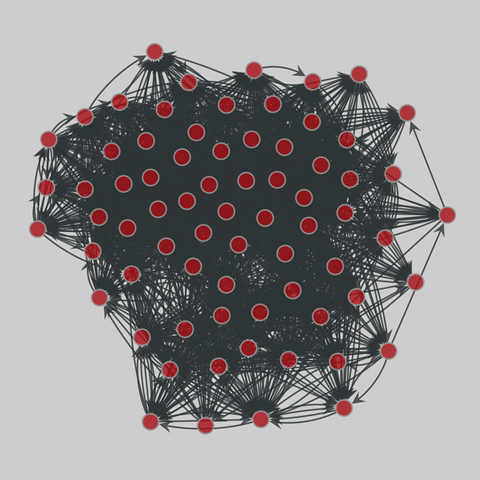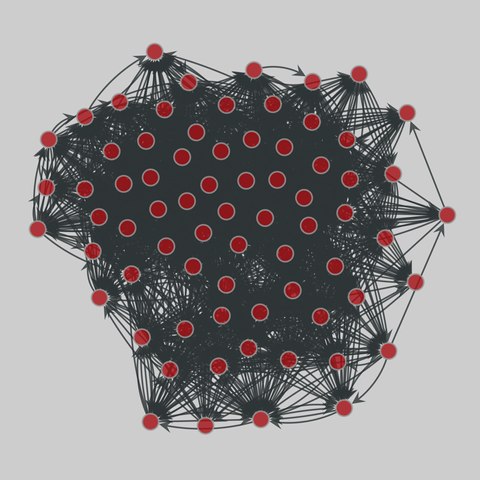2026-02-08 02:12:11
I love reading slices of history told through an individual's life.
https://www.abc.net.au/news/2026-02-08/eulo-opal-queen-isabel-gray-legacy-looms-large/106134938
2026-02-08 22:00:05
law_firm: Lazega law firm network
Multiplex network with 3 edge types representing relationships (coworkers, friendship, advice) between partners and associates of a corporate law firm. Data hosted by Manlio De Domenico.
This network has 71 nodes and 2571 edges.
Tags: Social, Offline, Multilayer, Unweighted
https://net…
2025-12-08 00:44:42
9-4 Jaguars: Nobody respects us -- 'which is fine' https://www.espn.com/nfl/story/_/id/47241589/jaguars-atop-afc-south-beating-colts-accept-not-going-get-respect
2026-02-07 16:30:17
Knapp 1/3 (34) der Geräte sind jetzt auf ZHA migriert.
81 sind noch auf zigbee2mqtt.
Bei der Migration habe ich ein paar logische Schwachstellen gefunden, die ich noch stopfen muss.
#Homeassistant
2025-12-06 23:28:02
Putin does not want peace; he likes it when people ask him for it #shorts: https://benborges.xyz/2025/12/07/putin-does-not-want-peace.html
2026-02-07 15:03:13
RE: #xadrez hš tempos, não gosto de xadrez relâ…
2025-11-09 06:00:09
TALK> Seminar Talk “Padmasambhava and Nubchen Sangye Yeshe: Legend, Lineage, Legacy” by Dr. Dylan Esler https://networks.h-net.org/group/announcements/20131492/seminar-talk-padmasambhava-and-nubchen-sangye-yeshe-legend-l…
2026-02-07 17:54:08
Working more efficiently than maize, which has been bred for efficient production of carbs over thousands of years. @… https://io.mwl.io/@mwl/116027004460342629
2025-12-08 16:55:30
Helemaal zich laten gaslighten door #Evilgoz…
Hoezo geen logische route? Natuurlijk is die er wel. Alleen vindt Evilgoz die niet leuk.
Grrrrr…
Uit https://nos.nl/l/2593669 :
Dit is geen makkelijke ro…
2026-02-08 18:00:05
law_firm: Lazega law firm network
Multiplex network with 3 edge types representing relationships (coworkers, friendship, advice) between partners and associates of a corporate law firm. Data hosted by Manlio De Domenico.
This network has 71 nodes and 2571 edges.
Tags: Social, Offline, Multilayer, Unweighted
https://net…



